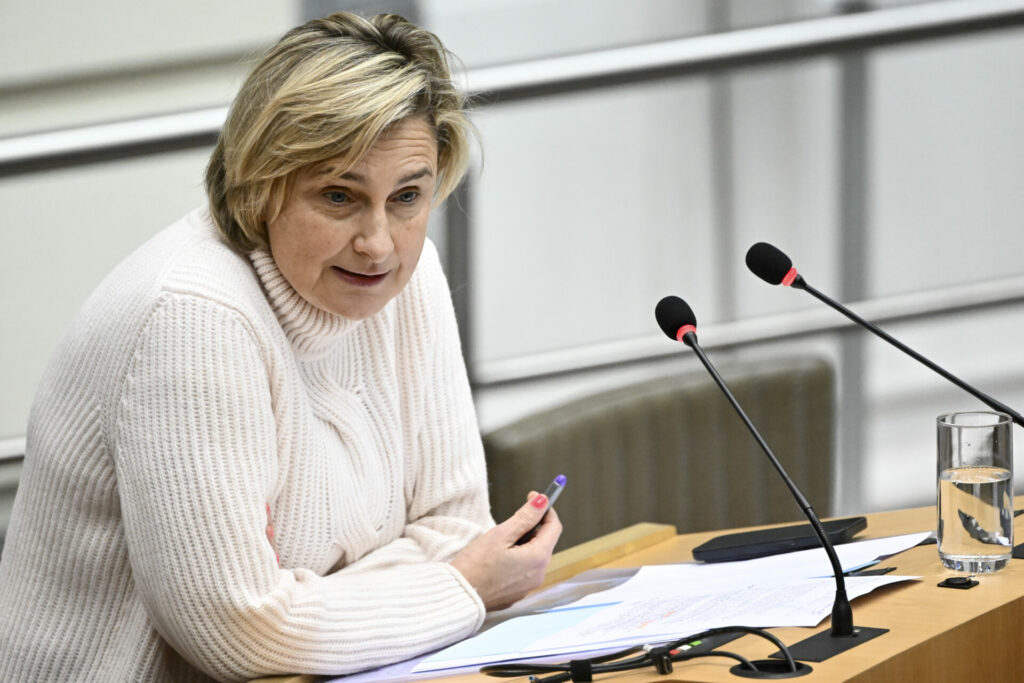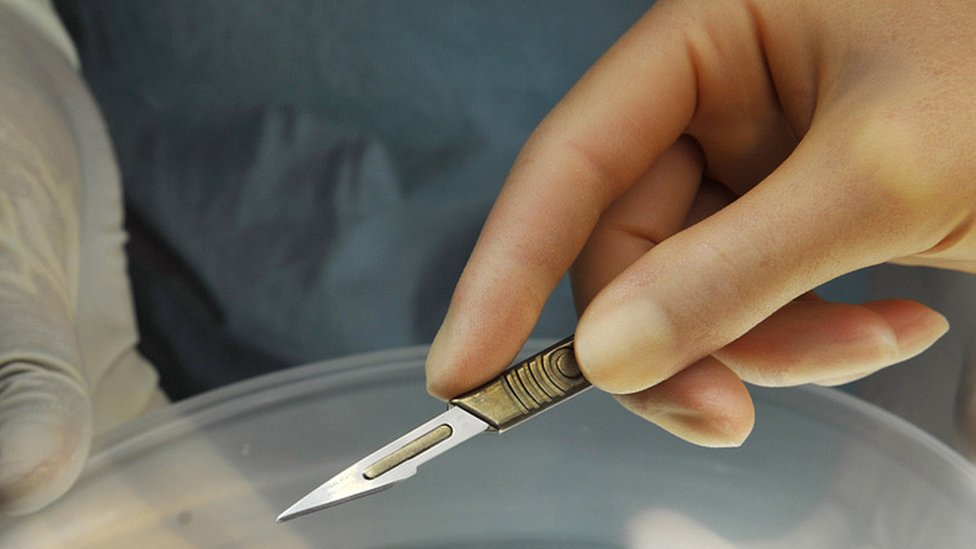Over 35,000 girls and women in Belgium live with the effects of female genital mutilation (FGM). To combat the practice, Flemish Minister of Social Economy Hilde Crevits (CD&V) is launching a campaign to tackle it.
"Sometimes they are just born, sometimes they are about seven years old or just before marriage age," said Lotte Buekenhout of NGO for GAMS Belgium, an association that fights against female genital mutilation, in De Morgen.
The tradition is illegal and yet it is still a frequent occurrence. Some 10,000 girls are at risk of circumcision, with half of this group residents in Flanders.
The girls often travel to their country of origin, where some form of genital mutilation is in store for them. The procedure involves removing the clitoris and the inner labia, although the outer labia is sometimes also removed. Sometimes, the vagial opening is sewn shut.
"It mainly concerns women from countries where genital mutilation is still common. Think of Guinea, Somalia, Eritrea or Indonesia," said Buekenhout.
Not enough awareness
The practice has no health benefits for women and girls. According to the WHO, FGM can cause severe bleeding and problems urinating, and later cysts, infections, as well as complications in childbirth and increased risk of newborn deaths.
In addition to the medical implications, the practice also leaves psychological scars, with pain and discomfort when girls become sexually active.
Yet these problems go under the radar as the women impacted by FGM often don't have the necessary information. Doctors, nurses and gynecologists are also insufficiently trained to notice warning signs and discuss them.
Related News
- Belgium steps up fight against female genital mutilation
- Tenth International Day of the Girl: Societal events slowing progress of rights

Flemish Minister of Welfare Hilde Crevits pictured during a plenary session of the Flemish Parliament in Brussels, Wednesday 07 December 2022. Credit: Belga
Flemish Minister of Welfare Hilde Crevits (CD&V) is allocating €200,000 to GAMS Belgium to fund an awareness campaign. GAMS Belgium will train volunteers and professionals to make the subject less taboo and actively discuss in different communities.
"In many communities, mutilation is part of the culture, while people underestimate the serious consequences," said Crevits in De Morgen.
Globally, more than 200 million girls and women alive today have undergone FGM in 30 countries in Africa, the Middle East and Asia where FGM is practiced, according to the WHO. The practise is mostly conducted on young girls between infancy and age 15.
WHO stresses that FGM is a violation of the human rights of girls and women.

